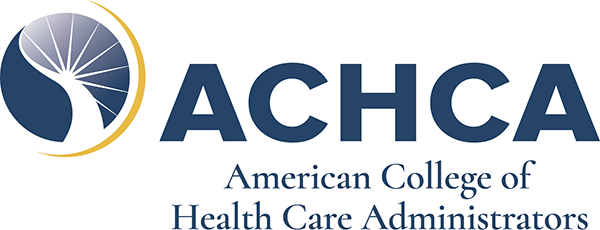Skilled nursing facilities (SNF) began operating under the Patient-Driven Payment Model (PDPM) on October 1, 2019. Many current SNF employees have only been exposed to the Resource Utilization Group (RUG) model that was retired on September 30, 2019. The RUG model included therapy groups that ultimately trumped almost anything clinical being treated in the SNF. This may have resulted in minimum data set (MDS) assessments under the RUG model that didn’t include all diagnosis, condition and treatment information simply because it didn’t affect reimbursement.
The MDS assessment was originally created to assist SNFs with developing a comprehensive care plan for residents admitted to a SNF. In the 1990s, the MDS also became a payment tool under the RUG payment model. Consistent focus under the RUG model was on accuracy of therapy days and minutes captured on each MDS assessment. The number of days and minutes of physical and occupational therapy and speech-language pathology (SLP) services was ultimately the deciding factor regarding RUG and daily payment amount.



